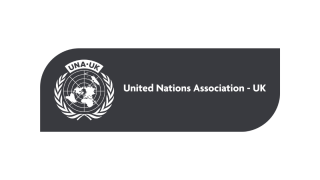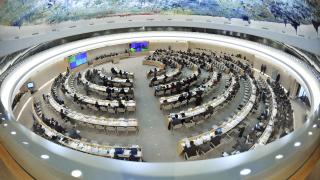
6 June 2013
UNA-UK’s fourth Towards Zero briefing report, written by Dr Rebecca Johnson, examines the prospects for the entry into force of the Comprehensive Nuclear-Test-Ban Treaty (CTBT).
Since opening for signature in 1996, the CTBT has been signed by 183 states and ratified by 189. However, it still has not entered into force. For the Treaty to enter into force it must be ratified by all states with nuclear research capabilities, and eight such states (the United States, China, India, Pakistan, North Korea, Israel, Iran and Egypt) have either failed to ratify or failed to sign. In this report, Dr Johnson assesses the prospects for the Treaty’s full entry into force, as well as looking at back-up strategies and more general ways of reducing the significance of nuclear weapons.
Dr Johnson identifies U.S. ratification as the key barrier to the CTBT’s full entry into force, as movement from the U.S. would likely trigger a domino effect among other states. She argues that the Treaty’s implementation is in U.S. interests, whether it is viewed in terms of national security or from a humanitarian perspective. However, domestic politics in the Senate continue to block the CTBT’s progress. Dr Johnson therefore calls on the Obama administration to deliver on his stated commitment to the CTBT by making a sufficiently forceful case for the Treaty to put pressure on the Senate.
Despite the obstructive behaviour of a number of states, Dr Johnson argues that the CTBT has been a positive force for progress towards nuclear disarmament, and can continue to be so in the future. She contends that the Treaty is already firmly embedded in international law, and that it has contributed significantly to the overall delegitimising of nuclear weapons. Moreover, a fall-back option exists in the form of the provisional application of the CTBT among those states which have already ratified. Dr Johnson concludes by asserting that future progress will depend heavily on leadership and “political courage”.
About the author
Dr Johnson is Director of the Acronym Institute for Disarmament Diplomacy, Co-Chair of the International Campaign to Abolish Nuclear Weapons (ICAN), and a member of the International Panel on Fissile Materials.






